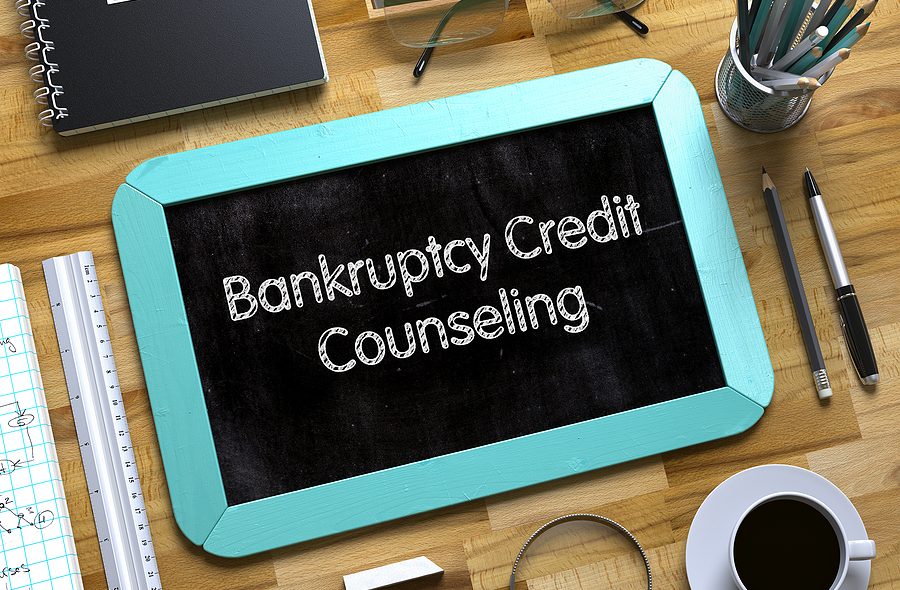The meeting of creditors, also known as the 341 hearing, is a meeting with the bankruptcy trustee and creditors who choose to attend the hearing. The trustee is the individual responsible for administering your bankruptcy estate and ensure that you did not leave any assets or property off your bankruptcy papers and your reported income is accurate.
Before the meeting of creditors, it is important that you carefully review your bankruptcy petition with your attorney to ensure every entry is accurate.
Here is what you will need to bring to the meeting of creditors (341 hearing):
- Your bankruptcy papers;
- Proof of income;
- Recent bank statements and investment account information;
- Your photo id;
- Your social security card;
- If documentation was required for any expenses under the Means Test, bring those as well;
- Additional documentation the trustee requests in the Notice of Meeting of Creditors or required by the local courts.
The meeting of creditors is held in a meeting room, not a courtroom. The trustee will be there, not the bankruptcy judge and creditors may attend, although in many bankruptcy cases creditors do not show up. The trustee will swear you in and ask you some of the following questions. You will be required to answer the questions under oath.
- How did you come up with the value for big ticket items, like your house or car?
- Do you anticipate receiving any tax refunds?
- Have you transferred any property within the last year?
- Does anyone else hold property that belongs to you?
- Do you anticipate receiving an inheritance or life insurance payout in the future?
- Will you be receiving any property as a result of a divorce in the next year?
- Do you have any legal claim for money from a business or another entity?
- Do you have any possible claim against someone because of a recent accident?
- Have you made any recent large payments to relatives or creditors?
- Does anyone owe you money?
If you have any questions on this topic or are in financial crisis and considering filing for bankruptcy, contact an experienced Miami bankruptcy attorney who can advise you of all of your options. As an experienced CPA as well as a proven bankruptcy lawyer, Timothy Kingcade knows how to help clients take full advantage of the bankruptcy laws to protect their assets and get successful results. Since 1996 Kingcade Garcia McMaken has been helping people from all walks of life build a better tomorrow. Our attorneys’ help thousands of people every year take advantage of their rights under bankruptcy protection to restart, rebuild and recover. The day you hire our firm, we will contact your creditors to stop the harassment. You can also find useful consumer information on the Kingcade Garcia McMaken website at www.miamibankruptcy.com.
Related Resources:
http://www.alllaw.com/articles/nolo/bankruptcy/what-expect-meeting-creditors-341-hearing.html

